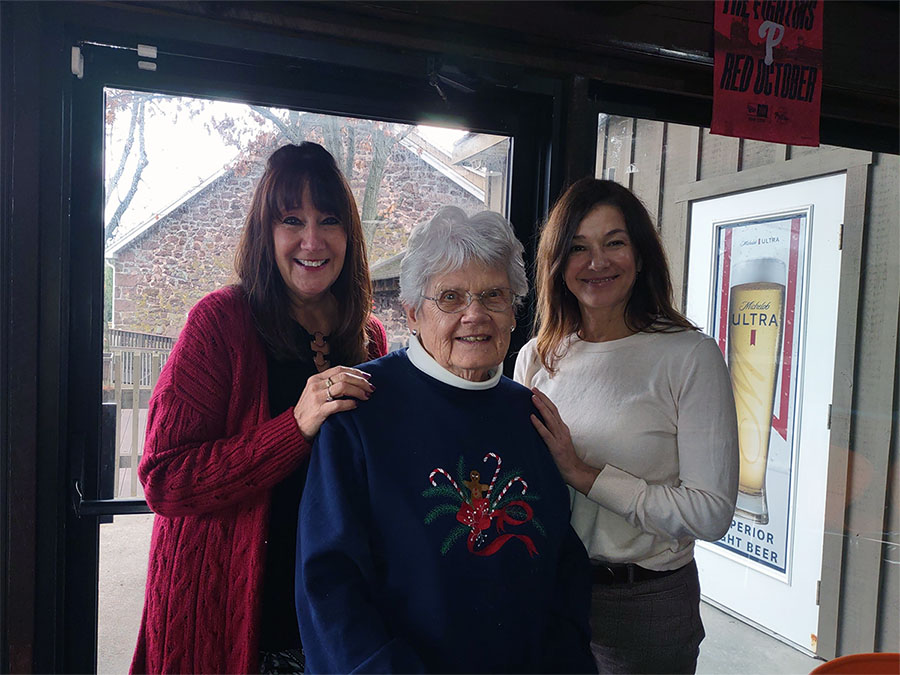
Each May, Older Americans Month celebrates the resilience, wisdom and accomplishments of seniors nationwide. While it is an opportunity to honor older adults, it is also a time to confront the stereotypes and misconceptions that persist about aging.
Outdated beliefs about older adults being frail, incapable, or a burden on society harm not only individuals but the broader community. These stereotypes can affect healthcare access, employment opportunities and even how seniors perceive their own worth. Combating these biases is essential for building an inclusive and vibrant society where all generations thrive together.
Stereotypes about aging are often subtle but damaging. Assumptions that seniors cannot learn new technologies, adapt to change, or contribute meaningfully to society create unnecessary barriers. They reinforce isolation, limit employment opportunities and contribute to a culture that undervalues experience and wisdom.
Research shows that negative attitudes toward aging can even impact health outcomes. Seniors who internalize ageist beliefs are more likely to experience cognitive decline, reduced physical function and depression. The impact is real—and it demands a cultural shift.
One of the best ways to combat aging stereotypes is to spotlight the many ways older adults continue to enrich their communities. Across Virginia and the nation, seniors volunteer, lead businesses, advocate for social causes and provide essential caregiving within families.
Recognizing these contributions shifts the narrative from one of decline to one of ongoing engagement. Programs that feature older adult mentors, highlight senior entrepreneurs, or showcase intergenerational projects help reshape public perception and remind younger generations of the value of experience.
Government initiatives, such as the Older Americans Act, provide funding for programs that support senior independence, including meal services, transportation assistance and caregiver support. These programs demonstrate a commitment to treating aging as a dynamic, dignified stage of life rather than a societal burden.
Legal planning also plays a critical role. Powers of Attorney support autonomy, allowing older adults to retain control over their healthcare, finances and living arrangements for as long as possible. Elder law attorneys work to ensure that seniors are protected from exploitation, empowered to make decisions and can access the resources they need to live full and independent lives.
By helping clients plan, elder law attorneys contribute to a culture that sees aging as a continuation of self-determination rather than an inevitable loss of agency.
Each of us has a role to play in changing how society views aging. This begins with language—choosing words that affirm dignity rather than diminish it. It also means rejecting assumptions about ability based on age alone and advocating for policies promoting inclusivity across all life stages.
Families can also take a proactive role by encouraging older relatives to remain active, engaged and involved in decision-making processes. Respecting seniors’ autonomy, seeking their opinions and celebrating their milestones help affirm that aging is a valuable and honorable journey.
References: Administration for Community Living (ACL) (May 2025) "Older Americans Month 2025" and Foundation for Senior Living (FSL) (Jan. 9, 2025) "Breaking the Stigma of Aging: Challenging Stereotypes and Promoting Positive Perspectives on Aging"
Free E-Newsletter – Subscribe Now
